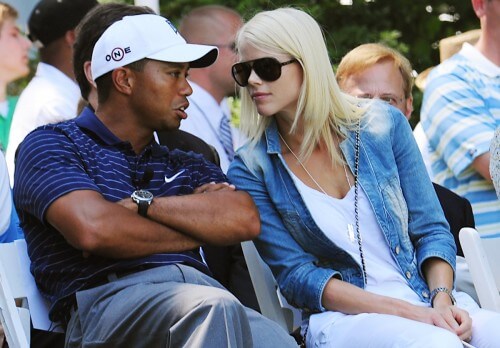Affair Recovery, Cheating, Moving Forward, Painful Emotions
Wrangling with Betrayal – A Path Toward Healing
Betrayal is one of the most painful human experiences. We suddenly discover that what we thought was true is not true. When a person we’ve trusted suddenly undermines trust, our world is turned upside down.
Trusting a person means feeling safe with them. We trust that they respect us, care about us, and wouldn’t hurt us, especially intentionally. We feel betrayed as our eyes are suddenly opened to a new reality: what we thought was safe and reliable turns out not to be.
Betrayal can take various forms. In addition to infidelity, we may feel betrayed when people break important agreements, spread gossip about us, or unilaterally end a relationship despite professions of commitment. In a single moment, our lives are changed forever.
Betrayal is an equal opportunity misfortune. It is rare for someone to pass through life without feeling betrayed. How can we heal from betrayal so that we don’t succumb to depression, cynicism, and hopelessness? In short, how can we emerge from betrayal without betraying ourselves?
As expressed in Love & Betrayal:
Betrayal hurts. There are no magic formulas for delivering us from the anguish and bitterness left in the wake of a major betrayal. However, as we move through our initial shock and disillusionment, there is a potentially promising sequel to betrayal. The weeks and months after betrayal afford a window of opportunity for understanding ourselves and life in a more deeply felt way. Life’s most liberating discoveries are often reserved for times during which we feel most wounded or broken.
One of the most devastating aspects of betrayal is that our sense of reality is undermined. The ability to trust our instincts, and thus ourselves, is lost.
Healing from betrayal means inching toward trusting our experience and choices again. But before we can do that, we need to allow ourselves to experience various stages of grieving that accompany loss. This might include shock and denial, as well as anger and seeking vengeance.
Unfortunately, many people get stuck in vengeance, which usually escalates their pain rather than heals it. The book and movie, War of the Roses (link is external), depicts the escalating cycle of destruction that accompanies revenge.
Acting out revenge fantasies is a misguided attempt to protect us from inevitable pain and sorrow. As the writer James Baldwin put it: “I imagine one of the reasons people cling to their hates so stubbornly is because they sense, once hate is gone, they will be forced to deal with pain.”
Embracing pain and loss not only helps us heal as individuals, but warring nations and ethnic groups could take a step toward healing if they put down their swords and courageously acknowledged their mutual grief. Nelson Mandela’s leadership in promoting a Truth and Reconciliation Commission in South Africa went a long way toward healing the deep wounds created by apartheid.
Shame is one stubborn obstacle that impedes healing from betrayal. We might wonder, “What’s wrong with me? How could I have trusted this person? How could I have been so foolish?” While being self-critical is common, it complicates our grieving.
If we can identify the shaming voice when it arises, we can begin to differentiate it from the natural sorrow of our loss. We might then remind ourselves that betrayal is simply a part of the human condition. It doesn’t mean that something is wrong with us. Gently embraced sorrow leads to healing. Self-criticism and shame prolong the agony of our grief.
Our body has a way of healing if we can find its natural healing pathway, which means not resisting what we are authentically feeling. If we can find the strength to gently embrace sadness without shaming ourselves, we move forward. This might include availing ourselves of the support of caring friends who can listen to our feelings. Seeing a therapist might help us normalize our feelings, find compassion for ourselves, and understand what happened so that we might move forward in our lives.
As we work with betrayal in a skillful way, we can move forward with greater wisdom and self-compassion. The healing from such a major insult to our self-worth and dignity takes as long as it takes. It is a rite of passage that invites us to be abundantly patient and gentle with ourselves.
John Amodeo, Ph.D., MFT is author of the award-winning book about relationships as a spiritual path, Dancing with Fire: A Mindful Way to Loving Relationships. His other books include The Authentic Heart and Love & Betrayal. He has been a licensed marriage and family therapist for 35 years in the San Francisco Bay area and has conducted workshops internationally.
Originally published on Psych Central as “Dealing with Betrayal without Betraying Ourselves“. Reprinted here with permission

